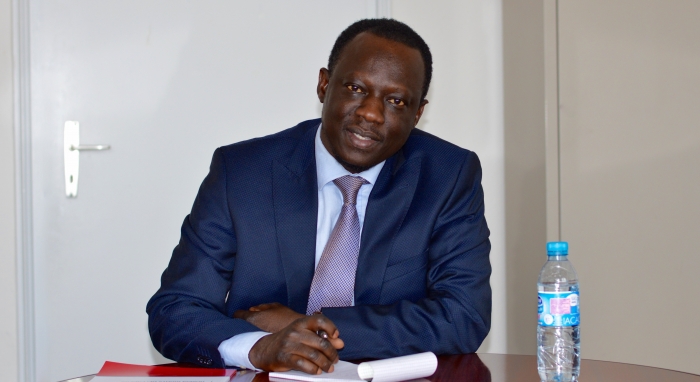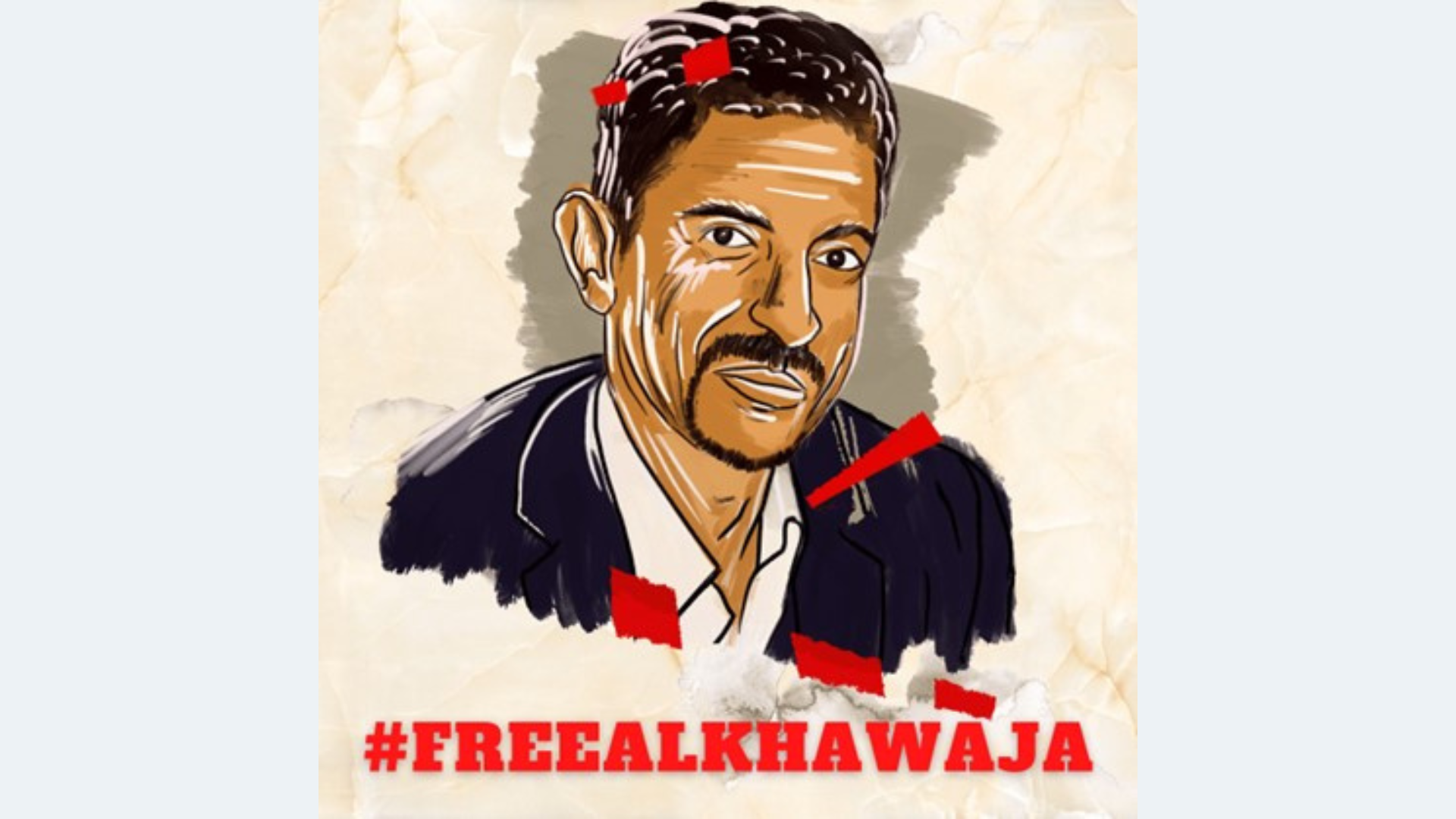In an interactive dialogue at the Third Committee of the 76th General Assembly, the Special Rapporteur on the rights to freedom of peaceful assembly and of association, Clément Voule discussed the challenges and risks facing individuals, communities and organizations exercising their rights to freedom of peaceful assembly and association in their pursuit of advancing climate justice.
The Special Rapporteur opened the dialogue by highlighting the indispensable role of civil society, indigenous peoples, environmental human rights defenders, trade unions and social movements over the decades in the struggle to address the existential threat posed by climate change. Emphasising the crucial role of civil society, the Special Rapporteur opined that the climate crisis cannot be addressed by States alone and echoed the observations of the Intergovernmental Panel on Climate Change that ‘civil society is to a great extent the only reliable motor for driving institutions to change at the pace required’.
Yet, in spite of their indispensable role in addressing one of the most pressing threats to mankind, he said that ‘as the climate crisis grows and more people organise to protect their community from its devastating effects, violent repression also increases. Civil society and human rights defenders face severe attacks online and offline, bans and restrictions on their right to peaceful assembly and protest, restrictions on participation in important climate negotiations as well as crackdowns on civil society operations through burdensome procedural requirements and restrictions on funding. The COVID-19 pandemic exacerbated the deterioration of civil space with many countries using the health crisis as an excuse to crack down on civil society and stifle dissent.
The Special Rapporteur’s statement was followed by remarks from member states. Several member states welcomed the report and its findings acknowledging the urgency of the climate crisis and the role of civil society and human rights defenders in addressing it. States also welcomed the report’s recommendations beyond member states to international organisations and the private sector. The Russian Federation expressed its disagreement with the ‘alarmist approach’ on the climate crisis. The Russian Federation also advanced the view that human rights and climate change should be treated as separate issues and their intersection would lead to an unnecessary and potentially harmful duplication.
In his response to remarks by member states, the Special Rapporteur opined that climate change cannot be separated from human rights when the phenomenon impacts on fundamental rights such as the right to water and the right to life itself. The Special Rapporteur States to recognise the value of environmental and climate defenders and to respect its international human rights obligations. Emphasising states cannot address the climate crisis on their own, he imported them to ensure an enabling and conducive environment for defenders to help States in achieving their goals in reversing the climate crisis. He also stressed the importance of effective access and participation of civil society in all spaces and forums of decision making relating to climate justice as well as the need for donors to fund climate justice movements.
“We welcome this timely report acknowledging the indispensable role of human rights defenders and civil society in addressing the climate crisis that threatens not only our human rights, but our very existence. This month also witnessed two historic resolutions being adopted at the Human Rights Council recognising the right to a clean, healthy and sustainable environment as well as establishing the mandate of the Special Rapporteur on Climate Change. Yet, environmental and climate defenders remain the largest group of defenders being killed. We urge States as well as non-State actors to recognise the valuable contributions of human rights defenders, to immediately cease violating their rights and to treat them as partners in addressing this global crisis.” said ISHR’s Maithili Pai.




